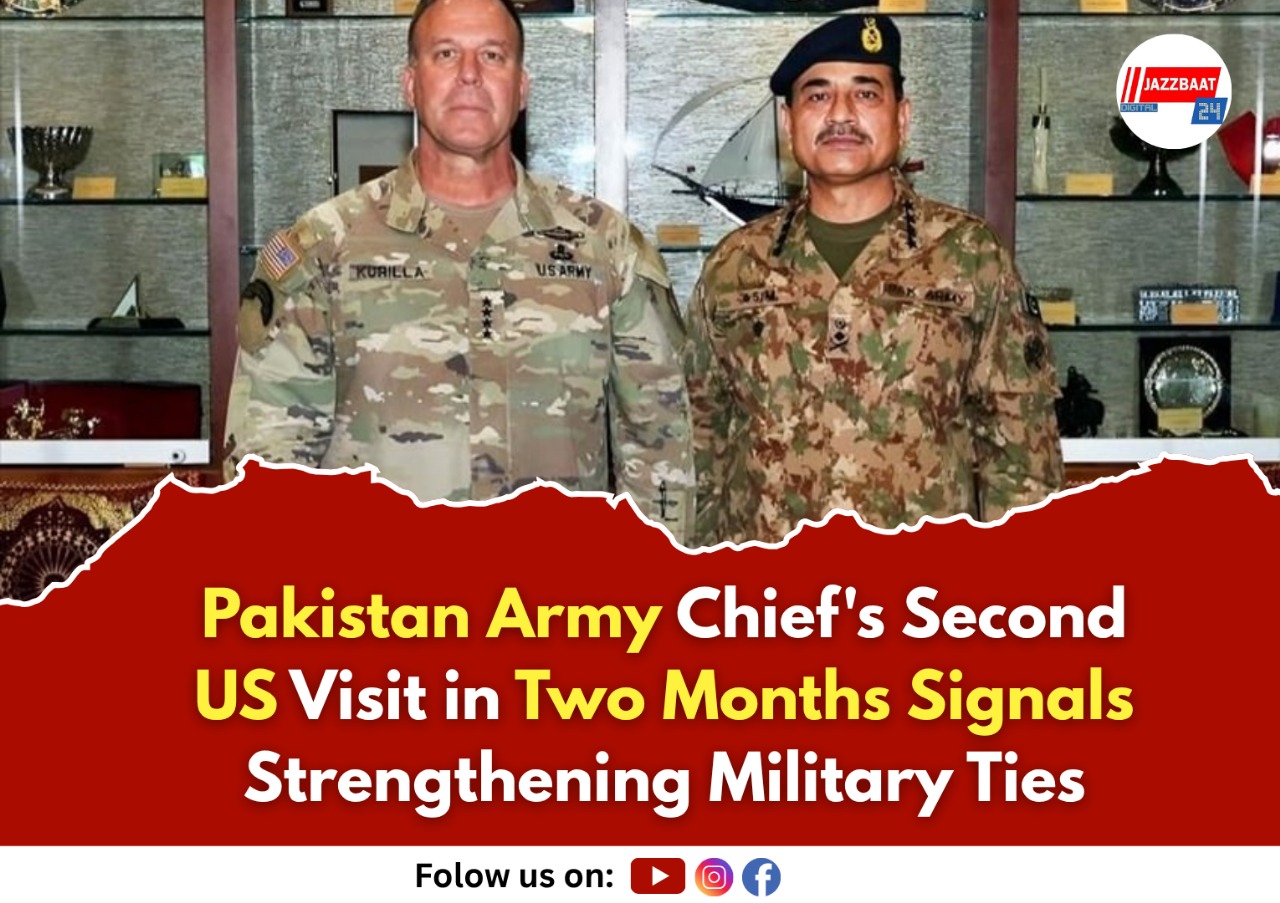
Field Marshal Asim Munir to attend CENTCOM commander's farewell ceremony amid evolving regional dynamics
Pakistan's Chief of Army Staff Field Marshal Asim Munir is preparing for his second trip to the United States in just two months, highlighting the increasingly close military relationship between Islamabad and Washington. The visit, scheduled for this week, will take him to Tampa, Florida, where he will attend the official farewell ceremony for US Central Command (CENTCOM) Commander General Michael Kurilla.
The ceremony at MacDill Air Force Base comes on the heels of General Kurilla's recent praise for Pakistan's counter-terrorism efforts, underscoring the strategic partnership that has developed between the two militaries. CENTCOM's invitation to Munir reflects the importance Washington places on its relationship with Pakistan's military leadership.
This marks a notable diplomatic milestone, as it represents Munir's second high-profile visit to American soil since taking command. His previous trip in June featured a significant two-hour luncheon meeting with President Donald Trump at the White House, demonstrating the level of access Pakistan's military chief enjoys in Washington.
The timing of these visits carries particular significance given the current geopolitical landscape. The strengthening Pakistan-US military ties come against a backdrop of escalating tensions between Washington and New Delhi over trade and energy policies. Trump's recent announcement of additional 25 percent tariffs on Indian exports, bringing total tariffs to 50 percent, has created friction in US-India relations.
The tariff dispute centers on India's continued importation of Russian crude oil, which Trump has characterized as undermining international sanctions. India's Ministry of External Affairs has strongly condemned the measures as "unfair, unjustified, and unreasonable," arguing that their energy imports are driven by the need to ensure energy security for 1.4 billion citizens.
Pakistan appears to be benefiting from this shift in US priorities. Following Trump's trade deal with Islamabad, Pakistan has received preferential tariff rates and promises of American investment in exploring its oil reserves. The contrast with India's treatment suggests a deliberate recalibration of US policy in South Asia.
The developing Pakistan-US partnership gained further momentum during General Kurilla's reciprocal visit to Pakistan in July, when the Pakistani government honored him with the prestigious Nishan-i-Imtiaz military decoration. Such high-level exchanges demonstrate the mutual interest both countries have in deepening their military cooperation.
Regional tensions have also played a role in shaping these relationships. The aftermath of recent security incidents, including operations in Jammu and Kashmir, has strained India-US relations. Trump's claims of brokering ceasefires, disputed by the Indian government, have added to the diplomatic friction.
For Pakistan, Munir's frequent visits to Washington represent a significant diplomatic achievement. After years of complicated relations with the United States, Pakistan's military leadership now enjoys direct access to senior American officials and participates in high-level ceremonial events.
As Munir prepares for his Tampa visit, the broader implications of strengthening Pakistan-US military ties will likely resonate throughout South Asia, potentially reshaping regional security dynamics and diplomatic alignments in the months ahead.